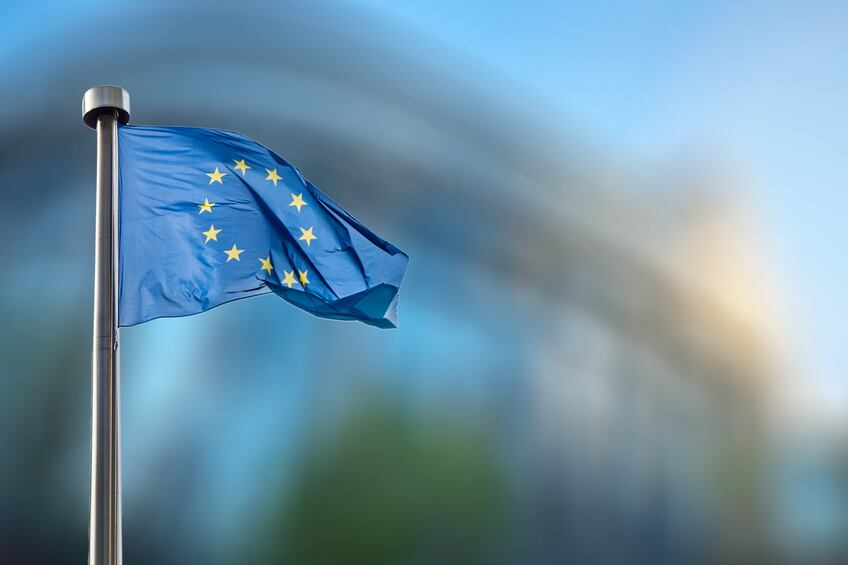The International Panel of Experts on Sustainable Food Systems (IPES) is comprised of environmental scientists, development economists, nutritionists, agronomists, sociologists, and is working to bring all food related EU policies under one umbrella, in a ‘Common Food Policy’ for Europe.
Organised as a series of ‘policy labs’ that began in June 2016, issues ranging from sustainability, diets, governance reform and trade and development are under discussion.
Four more policy labs will be held prior to a closing report in 2018 to European policy-makers that will detail findings and suggestions for a wide-reaching new approach in the post 2020 period.
Organisers of the panel say that whilst many EU policies on agriculture, health and nutrition have undergone reforms, the overall framework has remained incoherent.
“These policies do not fit together, and are not delivering – individually or collectively.”

Low prices, high quality
Olivier De Schutter, co-chair of IPES food, told FoodNavigator the major problem facing the European food industry is the demand for both low consumer prices and high quality food.
"Across Europe, an increasingly consolidated food industry enjoys a position of strong bargaining power, although retailers more than food processors are now setting the rules. Too often, this power has been used to push down farmgate prices. In some cases, the savings have been pocketed without making food cheaper for consumers.
"These practices have also paved the way for selling certain foods at low and discounted prices, helping to create an expectation of cheap food among consumers, and thus locking the food industry into this model. With few alternatives to the dominant buyers and retailers, farmers have found their margins squeezed to breaking point, and often struggle to break even – let alone to be able to consider a transition to the sustainable practices increasingly demanded by consumers...
“IPES-Food seeks to bring food industry players, farmers’ groups and a range of other actors together to find a way to exit this treadmill” said De Schutter.
Direct democracy for food
De Schutter also said EU level policies are ineffective for significant change as they are shaped by “Those who can reach them and have the resources to invest”.
Bringing national and local level actors from across the supply chain into the policy making process, he believes, is the only route to effectively altering food systems in Europe.
Many local, national and supranational policies currently contradict one another and stagnate progress.
“We propose to build a process of co-construction of EU-level policies, directly involving NGOs and social movements, as well as ordinary citizens, to make 'food democracy' a reality.
“A ‘Common Food Policy’ would allow all such initiatives, measures and policies to be brought together under one roof, and made to work together in the service of the same goals.”

EU in crisis
With the recent Brexit vote, political uncertainty and economic volatility have entered the European Union. Upcoming elections in Germany, the Netherlands and France are fuelling the debate over the legitimacy of the EU as a whole.
De Schutter admitted it is a difficult time to be attempting bold policy changes in Europe, but said the crisis is also an opportunity to bring grass roots organisations back into the political process and rebuild the legitimacy of the EU.
“It is therefore an ambitious process, but one based on building around what is already working, and finding greater synergies among the policy tools we have.”
The final IPES report will be released in 2018.
